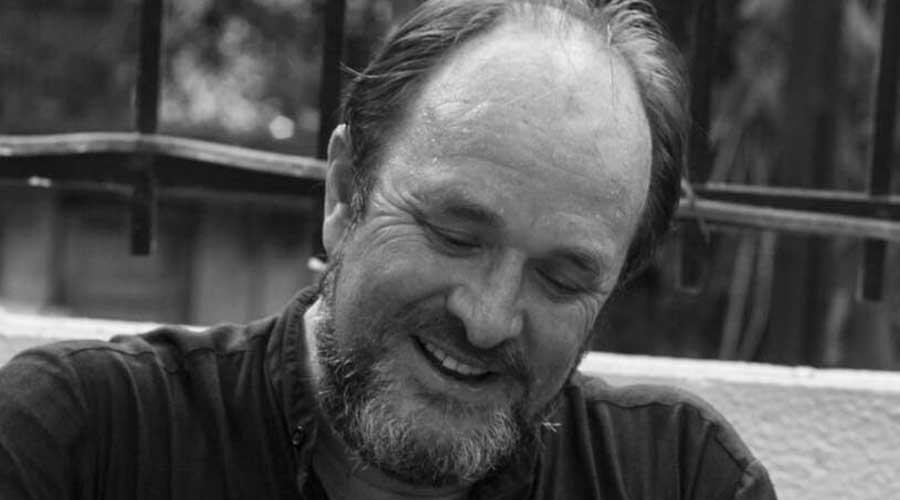Bestselling author William Dalrymple is among over 180 historians who have issued an open letter to the UK home office calling for a review of the history segment of the citizenship and settlement test for being “fundamentally misleading” on issues related to slavery and the British Empire.
The “Life in the UK Test” is a compulsory requirement for any applicant for citizenship or “indefinite leave to remain” residency rights in the UK.
Dalrymple, the author of The White Mughals and The Anarchy: The Relentless Rise of the East India Company, and other historians including Indian-origin academics from leading British universities, believe that people from Commonwealth countries like India and other former British colonies are not given a fair representation in the handbook.
“We are historians of Britain and the British Empire and writing in protest at the on-going misrepresentation of slavery and Empire in the ‘Life in the UK Test’,” notes the open letter issued in the official journal of the Historical Association on Tuesday.
“The official handbook published by the home office is fundamentally misleading and in places demonstrably false… decolonisation was not an ‘orderly” but an often violent process, not only in India but also in the many so-called ‘emergencies’ such as the Mau-Mau Uprising in Kenya (1952-1960). We call for an immediate official review of the history chapter,” it reads.
“People in the colonies and people of colour in the UK are nowhere actors in this official history. The handbook promotes the misleading view that the Empire came to an end simply because the British decided it was the right thing to do. Similarly, the abolition of slavery is treated as a British achievement, in which enslaved people themselves played no part,” it adds.
The signatories of the letter include Aditya Sarkar, associate professor of history at the University of Warwick; Anindita Ghosh, professor of Modern Indian History at the University of Manchester; Tirthankar Roy, professor in Economic History, London School of Economics; Kalathmika Natarajan, Teaching Fellow in South Asian History, University of Edinburgh; and Somak Biswas, Early Career Fellow, Institute of Advanced Studies/History, University of Warwick.
They highlight that the book is “silent” about colonial protests, uprisings and independence movements. Applicants are expected to learn about more than 200 individuals but the only individual of colonial origin named in the book is Sake Dean Mohamet from India, who co-founded England’s first curry house in 1810.
“The ‘Life in the UK Test’ is neither a trivial quiz nor an optional discussion point. It is an official requirement in the application for settlement or citizenship and provides essential information about the United Kingdom. This official, mandatory version of history is a step backwards in historical knowledge and understanding.”











